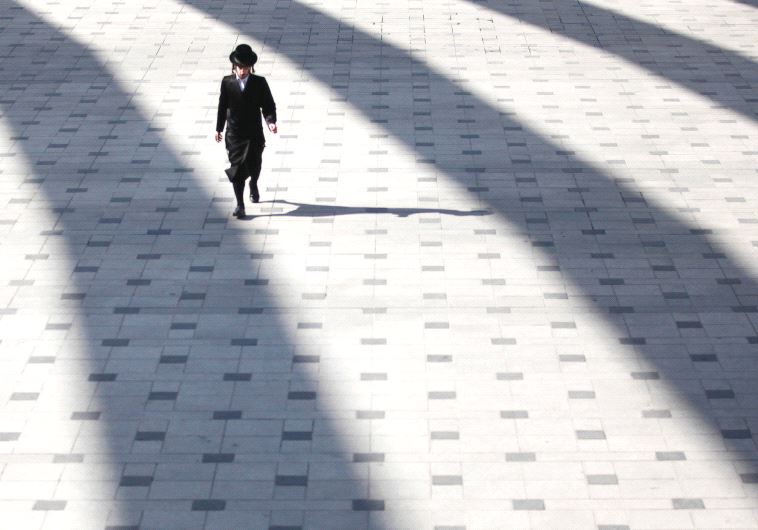Numbers of Haredim in workforce declines again
According to the CBS figures, whereas 51.7% of Haredi men were employed in 2016, 50.3% were employed by the end of 2017.
 SECURITY AND INTELLIGENCE GROUPS LAUNCH INITIATIVE TO RECRUIT HAREDIM(photo credit: MARC ISRAEL SELLEM)Updated:
SECURITY AND INTELLIGENCE GROUPS LAUNCH INITIATIVE TO RECRUIT HAREDIM(photo credit: MARC ISRAEL SELLEM)Updated: